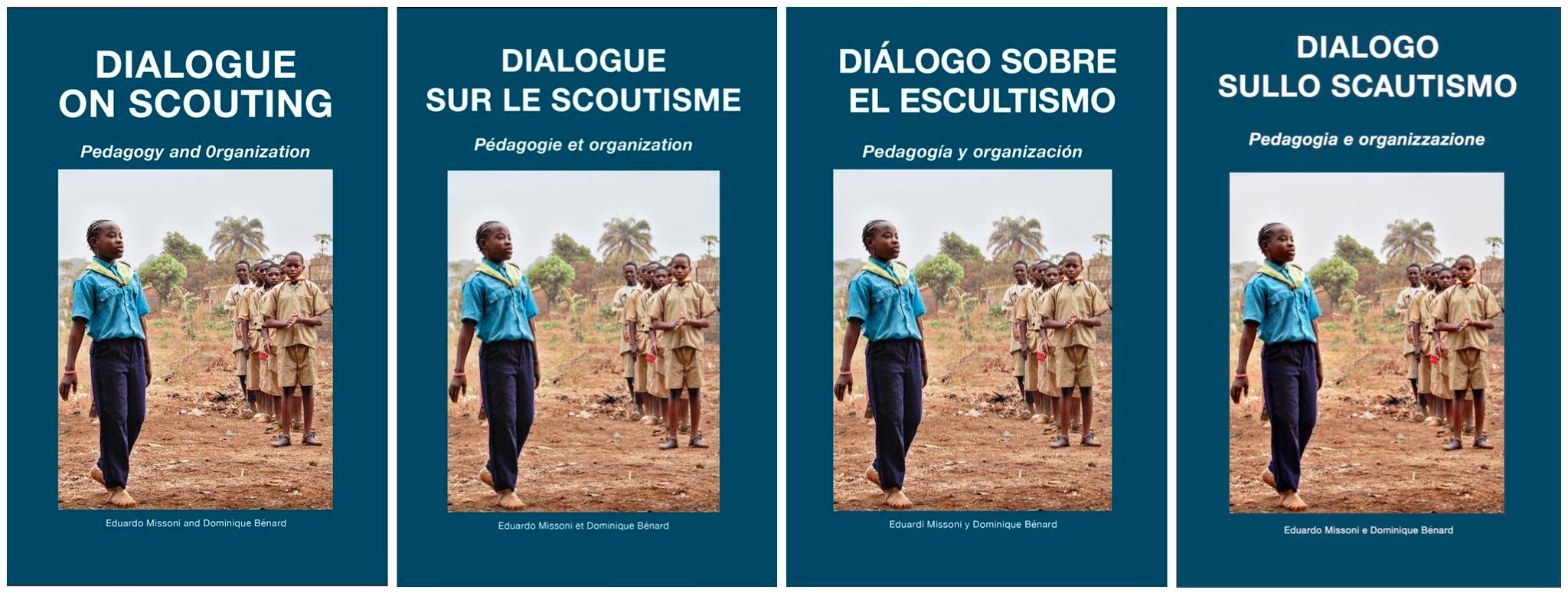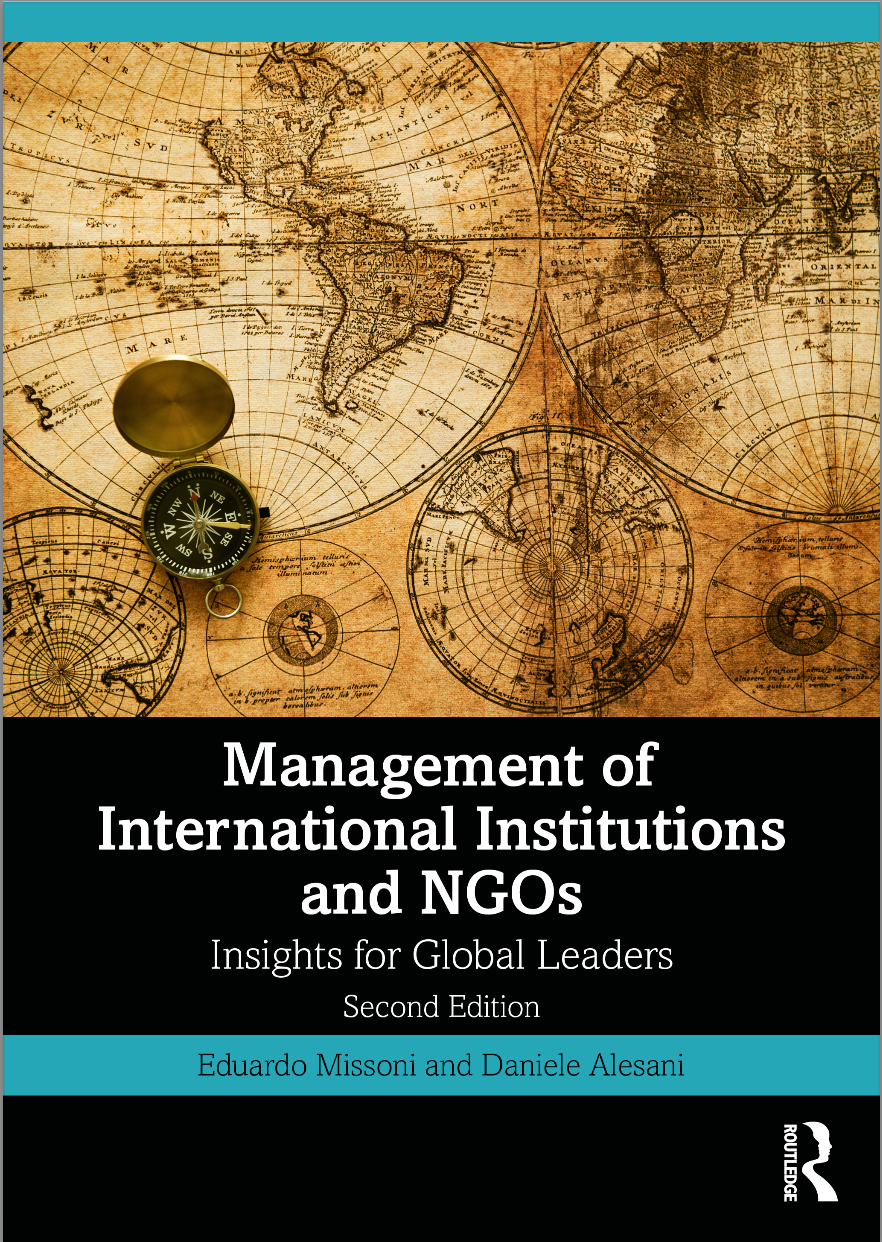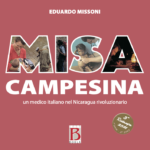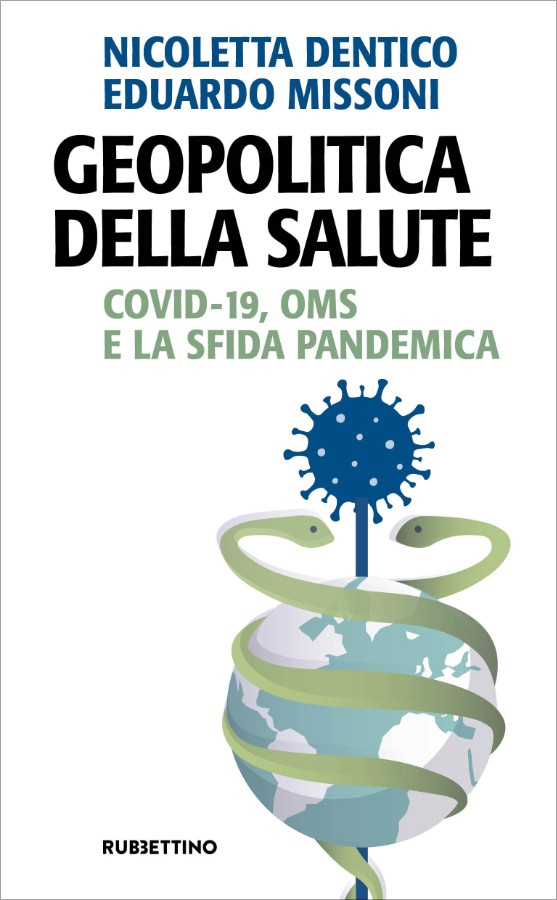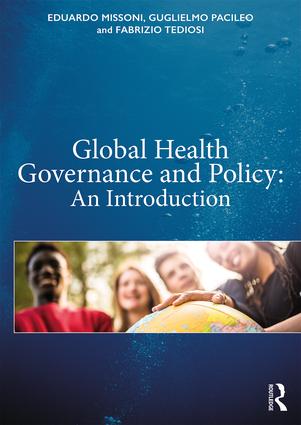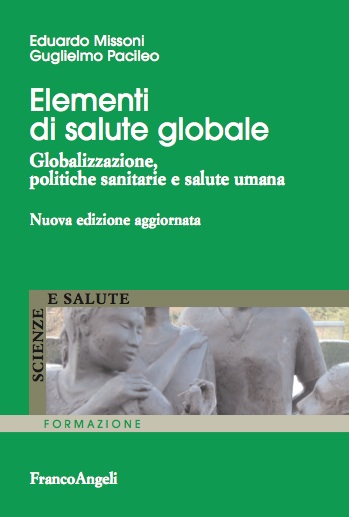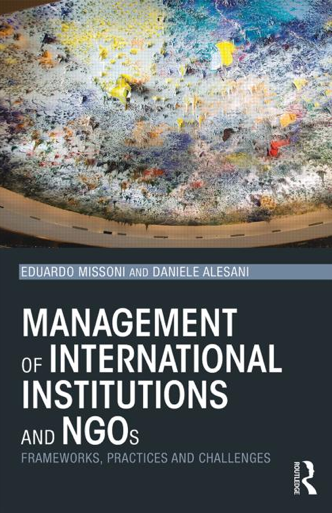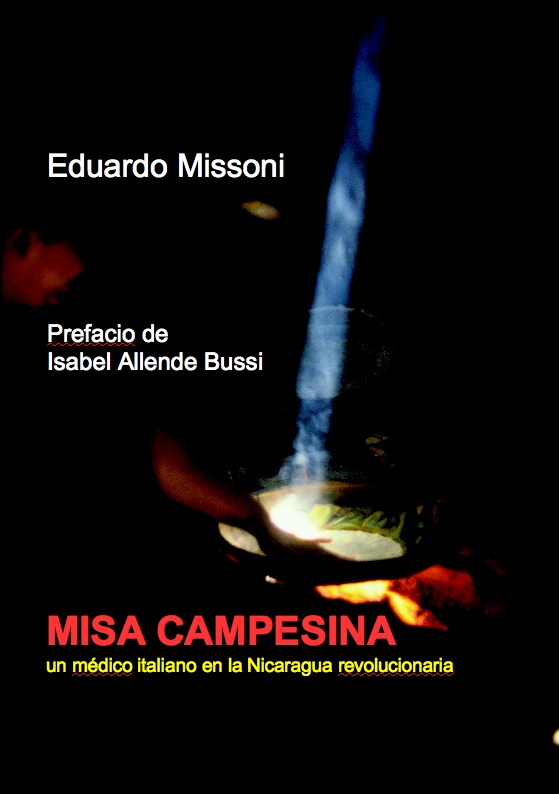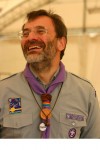 Paper presented by Eduardo Missoni at the ESTM residential course “Learning the best ways for caring fro blood donors”, European School of Transfusion Medicine, Milano, Italy, 3-5-12-2015.
Paper presented by Eduardo Missoni at the ESTM residential course “Learning the best ways for caring fro blood donors”, European School of Transfusion Medicine, Milano, Italy, 3-5-12-2015.
Introduction
“NAPLES, Italy – One azure morning in December, Laura Cozzolino arrived at her corner cafe in central Naples and ordered her usual: a dense espresso, which arrived steaming hot on the dark marble counter.
She lingered over the aroma, then knocked it back in two quick sips. But instead of paying for one coffee, she paid for two, leaving the receipt for the other -a caffè sospeso, or suspended coffee- with the bartender for a stranger to enjoy” (20).
The “caffè sospeso” (Italian for a suspended or unaccomplished coffee), is a Neapolitan tradition that boomed during World War II and has found a revival in recent years during hard economic times. According to that tradition in Naples someone who had experienced good luck would order a “caffè sospeso” paying the price of two coffees but receiving and consuming only one. A poor person enquiring later whether there was a “sospeso” available would then be served a coffee for free. What motivates such a simple, anonymous act of generosity?
Open-source initiatives are another example of attitude toward donation. Open source initiatives appear in many forms, however two primary types can be identified: open source software and open source content: i.e. the creation of a body of knowledge, such as online discussion forums, consumers’ reviews, collaborative website tagging, online encyclopaedias, and others (18). Both open-source software and content projects are a collaborative endeavour of individuals, mostly young people, who volunteer their time, effort and skills to produce a product that is available to all. What is the vision they share leading to offer their time and expertise for free?
In London in 1909 a “Scout offered to show the way to a gentleman as his good turn for the day. When the stranger offered to pay for his trouble, of course the Scout said: No, thank you, sir. I am a Scout” (Baden-Powell (4)).
A surprising answer to the foreigner; in that situation he would have rather considered normal for the young boy to accept the proposed reward for the service. What does it mean “I am a Scout”?
The choice of generously donating, without an evident and immediate return characterises the three above referred experiences, and many more examples of similar individual and collective behaviours could be proposed.However, those practices contrast strongly with the characteristics of contemporary society which is predominantly based on exchange, and where giving is based on reciprocity -“do ut des”- and search for personal advantage, individualism and narcissistic consumption.
Indeed, the acceleration of the process of globalisation has pushed a process of cultural homogenisation, along with the adoption of a Western, neoliberal development model, based on the dogma of economic growth, competition and maximisation of profit, which in turn requires indefinite and unsustainable consumption of resources and production of waste.
Zygmunt Bauman’s “I consume, thus I am” well synthesises this contemporary way of recognising the existence of the human being. Indeed, the networks of human relations have been colonised by the devotion to consumption. The traditional sense of responsibility of ethical duty and moral concern for others, are transferred toward oneself, personal success and forecast of possible risks. “Responsible choices” today are associated with decisions that respond to the interests of the Self and answer to its wishes (5).
In contrast, increasingly young people spontaneously join to actively work for alternative structures and functioning of modern society, networking and organising around shared principles of cooperation and solidarity.
The Neapolitan tradition of the caffè sospeso inspires today many groups of people and lead to similar practice and more or less organised initiatives and solidarity networks in many countries around the world (26). Although the participation in the Open-source movement is often and individual choice, hundreds of organised groups have been established on that principle.
In the case of the Scout movement, today possibly the largest transnational youth-targeted non-formal education movement worldwide , its growth over more than hundred years is based on a well defined, values-driven educational method for “Good citizenship” (4) putting strong emphasis on helping others.
Several studies have explored the determinants of individual generosity and propensity to donation, and specifically blood donation, including the effect of people’s pro-social motivation.
However, the potential propensity to blood donation of groups of specifically organised around principles of solidarity and cooperation is still to be further explored. If we assume a high donation potential for people in this kind of organisations, the propensity to donate is probably much higher for young adults who spent many years of their childhood and adolescence in values-driven organisations whose objective is the education to social commitment, such as those belonging to the Scout Movement.
The objective of this paper is to preliminarily reflect on the donation potential of youth in value-driven non-formal education organisations, using the Scout Movement as a specific case.


 English
English